
STRESS
what is it, REALLY?
In common use, the word “stress” covers a lot of ground. It carries at least three, closely related yet different meanings, depending on the context:
1. Stress sometimes means a collection of things that are happening in your life to throw you out of a “normal” state of balance or security. It constitutes those situations or conditions that pull you out of your physical, mental, and emotional comfort zones—or even threaten your survival. In formal language, these “things” are called “stressors.” Examples of stressors are worry, repetitive motions, fear in dangerous situations, job loss, strength training, the excitement of riding a roller coaster, getting a job promotion, or falling in love. Please note that the first four examples are what we usually think of as negative stress or “distress,” while the last four are normally considered to be positive stress, or “eustress.”
The important thing to remember is that when stressors touch our lives, the body cannot recognize the difference between distress and eustress. It responds in the same, automatic ways—as in #2
2. In common usage stress also means your body’s automatic reactions to your being pulled out of your physical, mental, and emotional comfort zones. This type of stress is the closest to your conscious awareness, and closest to the classical definition in Hans Seyle’s original book, Stress and Distress (Seyle was the founder of stress theory). This is the stress you can often feel. Here, your body is calling on its chemical and energy “reserves” to deal with both distress and eustress. These reactions are your body’s physiological protectors. If you have enough reserves, you’ll get along quite well. More details shortly.
AND
finally STRESS…

3. Finally, stress is sometimes taken to mean your body’s innate compensation for dealing with those situations where the reserves of #2 simply fall short. Here we’re talking about what happens to the body when the reserves of #2 are simply not enough, either because they have been depleted from earlier attempts at rebalance, or because the stress load is just to large to handle even for someone with good reserves. That’s why some call this condition overstress. Overstress can and does “build up” and lead to things such as insomnia, exhaustion, premature aging, weight gain, and many more conditions too numerous to mention. If unattended, stress buildup can seriously damage physical health, psychological well-being, and relationships with friends, family, and coworkers. When it builds enough, the result must be disease, infirmity, or even death.
In reality, death is the body’s final compensation for stress buildup. Stress has won, as it always does, because that’s nature’s way. But those with high wellness I.Q.s don’t throw in the towel early. They find that life is much too valuable to be spending years or even decades mired in illness or feeling poorly. And they know they have a choice through intelligent self-care.
So, to put these three shades of “stress” into perspective, it goes something like this: With meaning #1, you might say, “There’s a lot of stress at my workplace.” With meaning #2, “I feel stressed when I’m at work.” And with meaning #3, “I’m stressed from work and need to take a vacation so I can recuperate.” It’s good to notice these shades of common usage although they usually won’t cause too much confusion in conversation. People catch the drift.
You are the ultimate controller of how you deal with stress and it’s effects on your life. If you allow stress to become the focus – you will always have an uphill battle for control of your health and wellness. If you understand that you can control your RESPONSE to stress – you will be on your way to a healthier life.
– Dr. Clifton Mays | Director
We believe
Our Clinic is committed to helping people just like you who have been suffering with health issues and haven’t been helped with the traditional healthcare model. Find out how we can help you.
Contact Us
3755 Admiral Dr. #106, High Point, NC 27265
support@drmayswellness.com
(336) 887-9460
Follow Us







